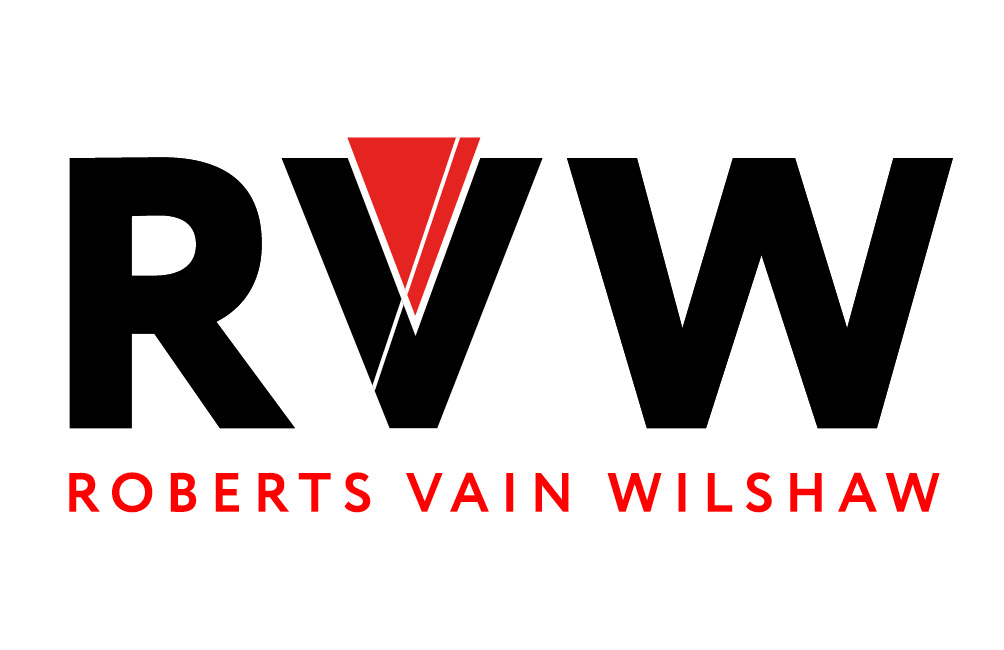Everything you need to know about urban patriotism
 With Government encouraging regeneration of our high streets and wanting to focus on housebuilding in our largest cities, it has never been more important to understand the attitudes of the people who already live there.
With Government encouraging regeneration of our high streets and wanting to focus on housebuilding in our largest cities, it has never been more important to understand the attitudes of the people who already live there.
Polling company Public First, on behalf of Landsec, has developed a concept of ‘urban patriotism’: an emotional, visceral attachment to big cities which is at the core of residents’ identity. By understanding urban patriotism, developers, local authorities, and political leaders will be better able to respond to the needs, concerns, motivations and aspirations of city dwellers.
So, what is urban patriotism?
It is a unique sense of identity that people living in cities seem to have. It is this identity that anchors people to their city, defines who they are, how they see themselves and contributes to their sense of happiness and quality of life. It is rooted through family ties, a city’s physical aesthetic and cultural assets. But it is also an inclusive identity that contributes positively to perceptions of a city and unites people of different backgrounds. It is urban patriotism that fundamentally anchors people to cities and makes them more likely to want to stay. It also helps to attract investment in new homes, shops, restaurants, bars, cafes and many of the things that draw people from outside into cities.
What contributes to urban patriotism?
- The city lifestyle. The density of cities translate into a great diversity of offer. It is this sense of everything being on offer in a city and often within walking distance that can help to sustain urban patriotism
- A sense of neighbourhood community, either through physical contact or online via WhatsApp groups and apps like Nextdoor
What can undermine urban patriotism?
- Rising house prices. People who want to have children often feel that they can’t afford a family sized home in the city. They see their friends and family forced to move out, building resentment and weakening people’s ties to the city
- The pace of change being too fast. Dramatic and rushed changes to the built environment can result in places becoming unfamiliar and no longer feeling like home. Rapid change can also lead to an increased cost of living and the pricing-out of independent businesses in the minds of those who live there
- Crime. The fear of crime is increasingly making residents question their futures in cities – especially those outside London
What does all this mean?
Rather than transient communities, cities are populated by people who are often rooted through choice or family ties. They are proud of where they come from and want to have the option to continue living there to raise a family. But this is often stymied by a lack of housing choice, limited access to health and education services and a fear of violent crime.
Investment into our cities needs to address these issues if existing communities are to welcome change to their built environment. Engagement with communities should tap into the heritage of cities, both architecturally and culturally, to make the process meaningful and avoid perceptions of rapid change.
You can find out more about urban patriotism here.
BECG is the UK’s leading communications consultancy for the built environment. We help our clients to connect with communities and deliver effective, targeted communications and engagement strategies. If you’d like to discuss this further send me an email on kevin.whitmore@becg.com
Selected industry experts bring you insight and expert advice, across a range of sectors.
Subscribe for free to receive our fortnightly round-up of property tips and expertise
Selected industry experts bring you insight and expert advice, across a range of sectors.
Subscribe for free to receive our fortnightly round-up of property tips and expertise




